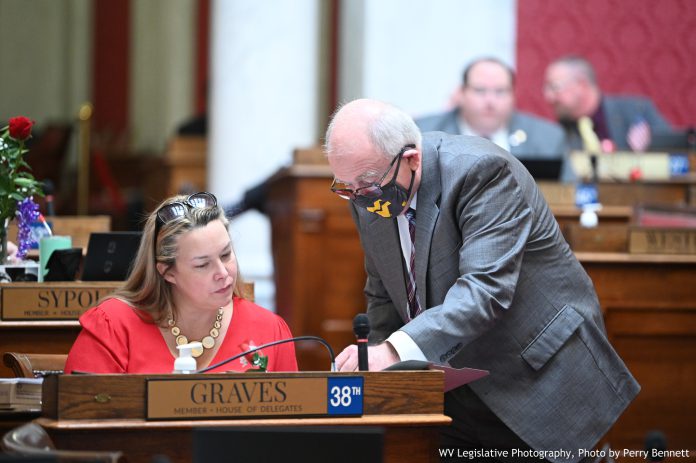The Committee on Banking and Insurance met this morning and advanced a few bills.
Senate Bill 262 requires the Treasurer to prepare, maintain, and publish on its website a list of financial institutions engaged in boycotts of energy companies. These companies will be considered ineligible to enter contracts with the state for banking services. The institution will be notified two days before being posted to the list and will have 30 days to prove it is not boycotting energy companies. Otherwise, the institution will remain on the list. The bill advances to finance.
Senate Bill 505 updates code relating to the licensure and regulation of money transmitters. The bill permits the Commissioner of Financial Institutions to participate in the multistate licensing and examination process and to conduct examinations. It updates network requirements to use a sliding scale. The bill also provides information requirements for a change in control and updates the change in the control process. The bill advances to Judiciary.
House bill 4394 reaffirms and enhances the workers’ compensation exclusive remedy rule or doctrine. The bill clarifies the liability of employers who do not maintain mandatory workers’ compensation coverage and when an employees’ injury is self-inflict or the result of intoxication. It provides that the employee may recover when the injury or death was caused by an employer’s deliberate intention.
The committee also considered and did not advance House Bill 4010.
House Bill 4010 would have provided a statutory framework for the treatment of digital assets. The bill set code to recognize virtual currents and prohibits the taxation of virtual currents by counties and municipalities. The bill also prohibited public utilities from charging fees or infringing upon the use of energy use of the mining of digital or virtual currency. The bill set the duties of the Secretary of State. The bill created the Digital Assets Act and Utility Token Act.
Opponents stated the bill’s subject should have been considered and discussed in interims to gain more knowledge about the subject before presenting it to the body.

